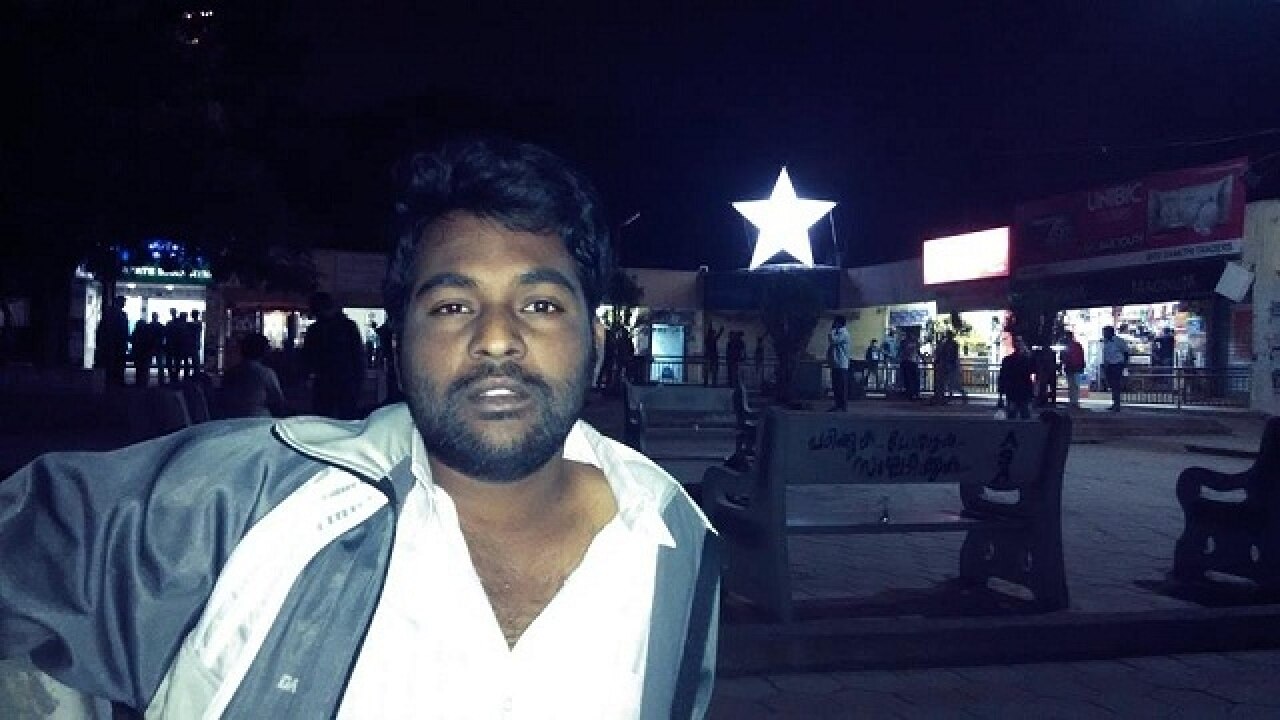
“My final words of advice to you educate, organise and agitate. Ours is a battle not for wealth or for power. It is a battle for freedom. It is a battle for the reclamation of human personality.” — Dr Bhimrao Ramji Ambedkar
This piece is written in absolute mental agony and anguish. My mind has ceased to function and the body is paralysed still by an indomitable urge to protest, to create a stir and to make all hear out the hidden apartheid of India. I have to write because I am incapable of doing anything better. I don’t love stars, I am doubtful of the bourgeoisie casteist education and I abhor the Indian Manuvadi society which pushes 85% of its population to the margins and thrive and grow on their labour and blood, denying them Civil, Political, Social and Cultural rights.
Indian society or — to frame it in reality — appendages of blocks divided on caste lines, attaches identities of stigma and impurity from the time a person is born in the lowest echelon of caste hierarchy. In India, theories of identity construction lose the track in the maze of the caste system as the primordial identity takes centre stage, leaving behind circumstantial, instrumental and constructionist identities. Politics of caste functions subtly even when Dalits climb up the ladder of social prestige by calling them Dalit intellectual, Dalit scholar, Dalit politician. Compare it with non-dalit intellectuals or scholars or politicians: Amartya Sen or Partha Chatterjee is never called upper caste intellectual; neither are Kancha Illaiha, Rajnath Singh or Jawaharlal Nehru ever mentioned as upper caste politicians. However, Mayawati and Dr Ambedkar have been portrayed as Dalit messiah, whereas Gandhi is hailed as the Father of the Nation. The Manuvadi stratagem of upper caste bourgeoisie rulers has always stonewalled Dalit assertion to be recognised as equal.
Coming back to the topic at hand, it is nothing but a continuum of caste prejudice and oppression that operates within the boundaries of elite education institutes of India. Deeply rooted cultural hegemony of upper caste students and their patrons among faculties and politicians humiliates students coming from the downtrodden sections of caste blocks, namely Dalits and tribals. At every given opportunity their caste identity is an object of ridicule and humiliation. Stigmatising them as lower in merit is the most potent weapon to demean them academically and socially in campuses, because of the constitutionally given rights of affirmative action which Dalits and tribals have access to. Without even comprehending the social structure that is in operation to systematically leave out Dalits and tribals from mainstream and their day to day struggle to claim their dignity which has been taken away from them, Manuvadi students and teachers continue with physical and mental oppression — shielded from the larger public eye — with absolute impunity.
I don’t want to point my gun at Bandaru Dattatreya or the Vice Chancellor of Hyderabad Central University, Dr Apparo, for Rohit Vemula’s murder. In this politico-cultural battle of Dalits and tribals, no one is a holy cow and all of them have blood on their hands. Suicide, sorry, it is not suicide! It is institutional murder and such murders are taking place across institutes of higher education throughout India and happening for far too long. No one kills Dalit and Adivasi students but still they die, probably some magical death that is only destined to befall our brethren from Dalit and Adivasi communities. But then our struggle will continue to make India more democratic and civil society more civil. If not allowed to fight from the core, we will fight from the periphery of democracy, but we will fight.
The author is pursuing Dalit and Tribal Studies and Action course in Tata Institute of Social Sciences